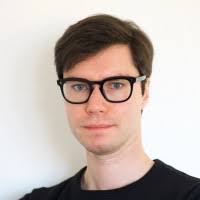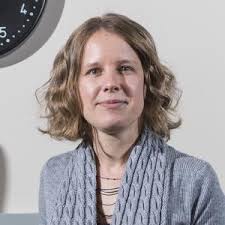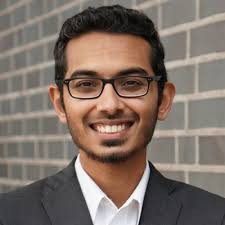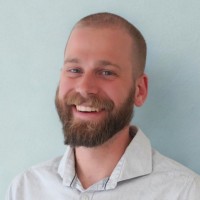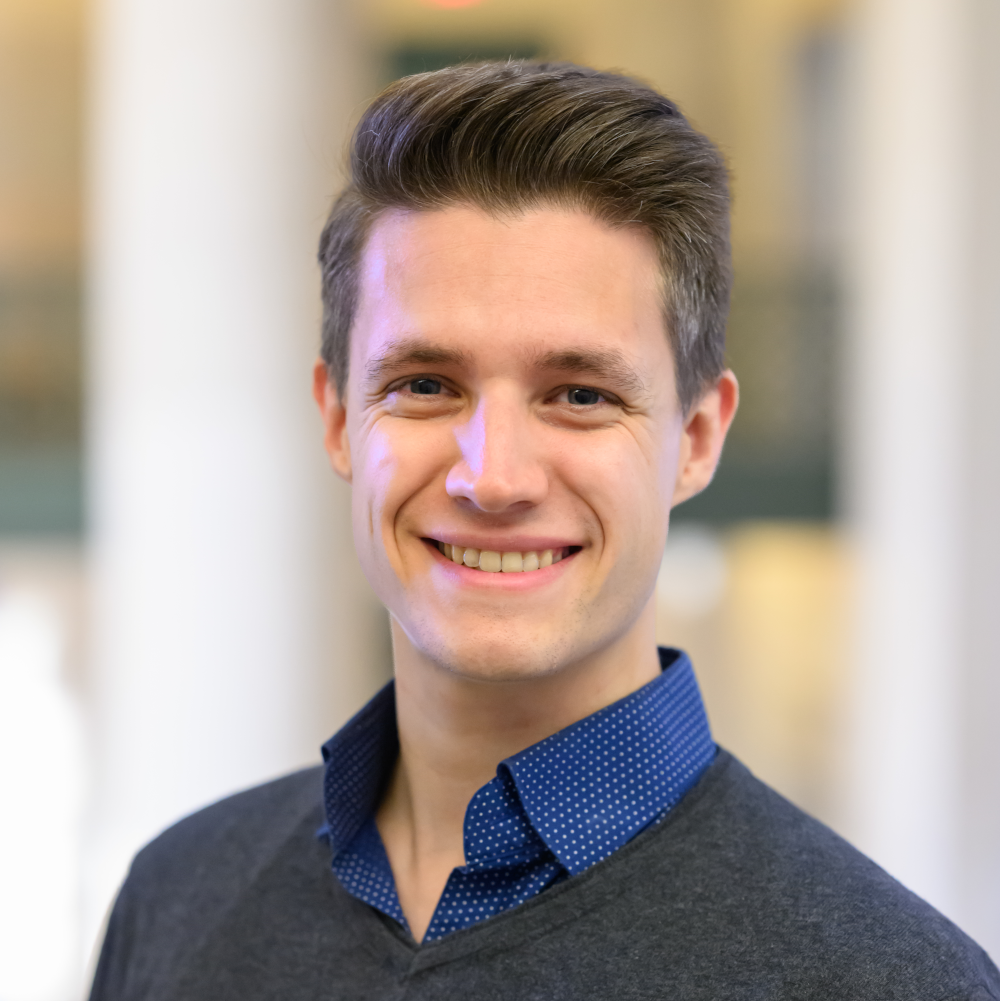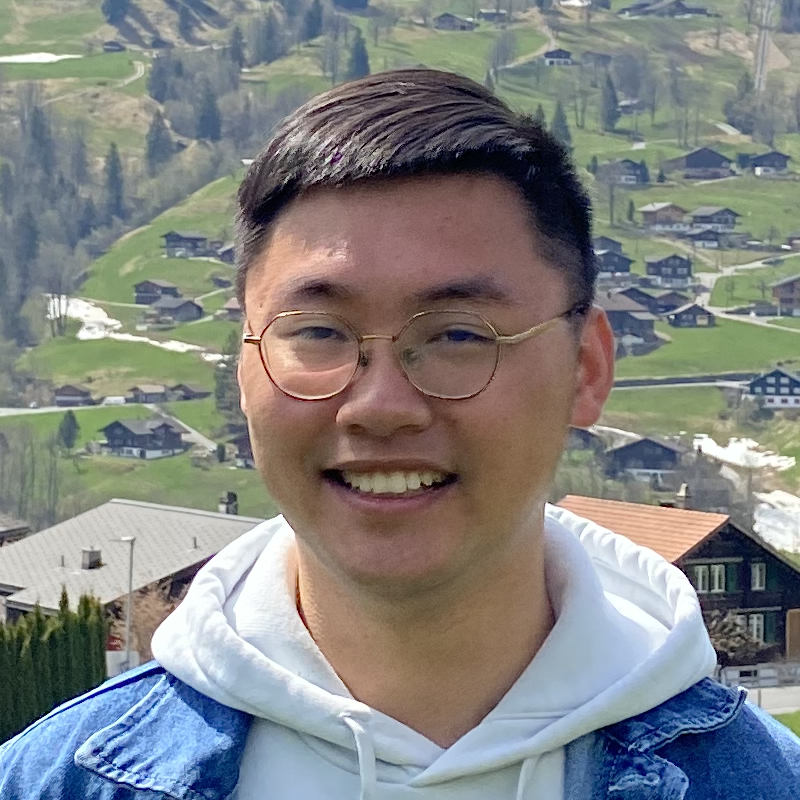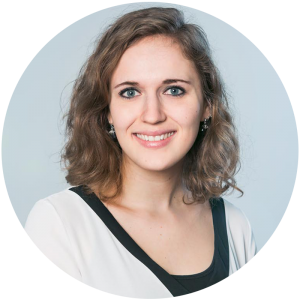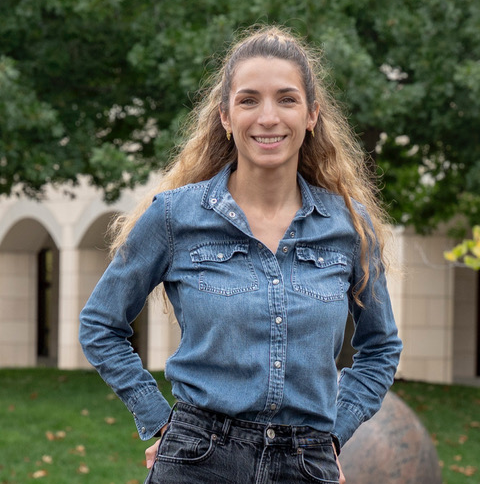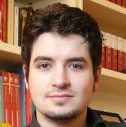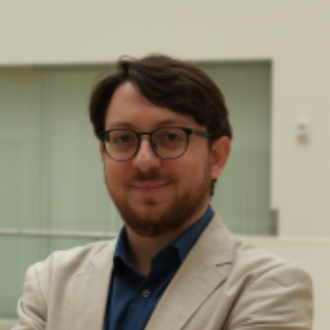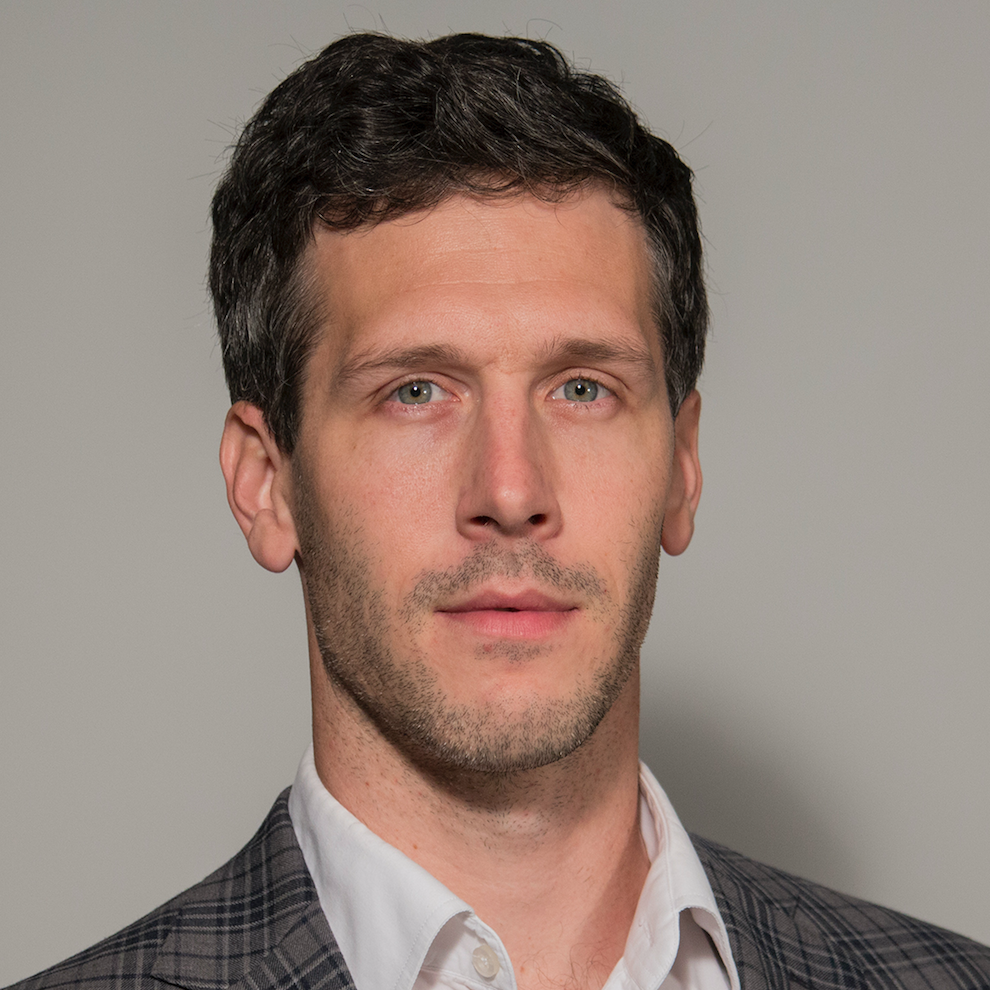Abstract
Autonomy in highly dynamic human-centric real-world environments is a crucial challenge at the forefront of robotics. This has recently sparked notable progress and interest in short-term dynamic and 4D scene understanding, where, in contrast, long-term dynamics of human-centric scenes are emerging as a prominent robotics frontier with a more splintered community.
After the large successes of the first Long-Term Perception (LTP): “What do Robots Need?” and “Standing the Test of Time” workshops at IROS’24, we are joining forces to bring together researchers across communities from Robotics, Computer Vision (CV), and Machine Learning (ML) on the LTP problem. The goal of the workshop is to i) illustrate the different facets, applications, interpretations, and most recent advances in LTP, ii) bring to together a community to unify terms, ideas, and spark new connections, iii) discuss emerging techniques, core challenges, and set the direction of research to address them in the coming years.
This iteration of the workshop emphasizes interaction with leaders and rising stars in LTP and especially invites junior and new-to-the-topic researchers to become part of the community, featuring a tutorial, a mentoring event, interactive discussion and poster sessions, as well as multiple submission tracks (Ideas/Showcase/Demo) to participate.
Invited Speakers
Schedule
| Time | Talk | Comments |
|---|---|---|
| 08:30 - 09:05 | Welcome + Tutorial | Organizing Committee |
| 09:05 - 10:15 | Plenary 1 and 2 | John Leonard & Andrey Rudenko |
| 10:15 - 11:05 | Poster & demo session + Coffee break | Accepted posters and demos |
| 11:05 - 12:15 | Plenary 3 and 4 | Sonia Chernova & Steven Waslander |
| 12:15 - 13:15 | Lunch break | Main venue |
| 13:15 - 13:45 | Speed mentoring | Mentors and mentees |
| 13:45 - 14:55 | Plenary 5 and 6 | Ayoung Kim & Abhinav Valada |
| 14:55 - 15:15 | Spotlight Presentations | Presentations of award finalists selected from the submission to the workshop |
| 15:15 - 16:15 | Poster & demo session + Coffee break | Accepted posters and demos |
| 16:15 - 16:50 | Plenary 7 | Thomas Eppenberger |
| 16:50 - 17:20 | Interactive discussion sessions | Organizing Committee and Attendees |
| 17:20 - 17:30 | Conclusive remarks and Awards | Organizing Committee |
Call for Participation
We invite contributions to the workshop in 3 tracks. All accepted submissions will be presented as posters at the workshop. Additionally, 3 finalists will be selected to give spotlight talks in plenary, and a best contribution award recognizes outstanding work. Please find detailed information on each track below.
- Ideas Track
- Aim: This track supports original contributions that advance the state of the art in LTP. Submissions must present work that has not been previously submitted to other venues or workshops.
- Format: 2-4+N page short papers. Submissions must follow the IEEE ICRA template [https://ras.papercept.net/conferences/support/tex.php]. Papers are 2 to 4 pages, excluding references.
- Review Criteria: As a service to authors, ideas submissions will receive thorough review and detailed feedback from the committee.Evaluation criteria are Relevance to the topics of the workshop, Recency and novelty, Clarity of presentation, Technical Quality, and Strength of results (i.e., the results show promise for early stage work, the (planned) experimental setup is adequate)
- Showcase Track
- Aim: This track is open to work previously published that are relevant to the discussion at the workshop, and aims to foster author discussion and enrich the diversity of content at the workshop. Recent ICRA’26 papers are eligible and encouraged.
- Format: A poster (PDF), and DOI where available for previously published material.
- Review Criteria: Showcase submissions will be primarily reviewed for relevance to the workshop and recency, and likelihood to engage discussion.
- Demo Track
- Aim: This track aims to foster interaction by demonstrating capabilities relevant to the workshop on-site (these could include, robots, sensors, algorithms, or web-demos).
- Format: A video highlighting the potential demonstration. For web or algorithm demos, this can also be a screen capture.
- Review Criteria: Demo submissions will be reviewed for relevance, feasibility, and engagement at the workshop. Submissions can include work under development.
Submission information
All accepted submissions will be presented at the workshop and considered for the best contribution award, where 3 finalists will be selected for 5-minute plenary presentations. While all submissions are eligible, novelty will be considered in finalist selection and preference given to “Ideas” submissions. Submissions are single blind and will be reviewed by members of the (extended) workshop committee. Submissions will be received via OpenReview.
Invited topics
We invite contributions from the areas of:
- Scene and object representations
- Long-term mapping and scene understanding
- Open-set scene understanding and foundation models
- Long-horizon and spatio-temporal reasoning models
- Motion and change detection
- Prediction and planning in dynamic and changing scenes
- Safety in perception, planning and prediction
- Continual and lifelong learning
- Novel insights from applications and domain requirements
Submissions Timeline
We provide two submission cycles: i) an early bird submission allows authors who depend on the workshop to make travel arrangements to get this information early, ii) the regular timeline allows authors who need more time to finish their contributions to do so.
| January 1 | Call for Submissions |
| March 1 | Early Bird Submissions Due |
| March 15 | Early Bird Decision Notification |
| May 1 | Regular Submissions Due |
| May 15 | Regular Decision Notification |
| June 1-5 | Workshop at ICRA in Vienna! |


